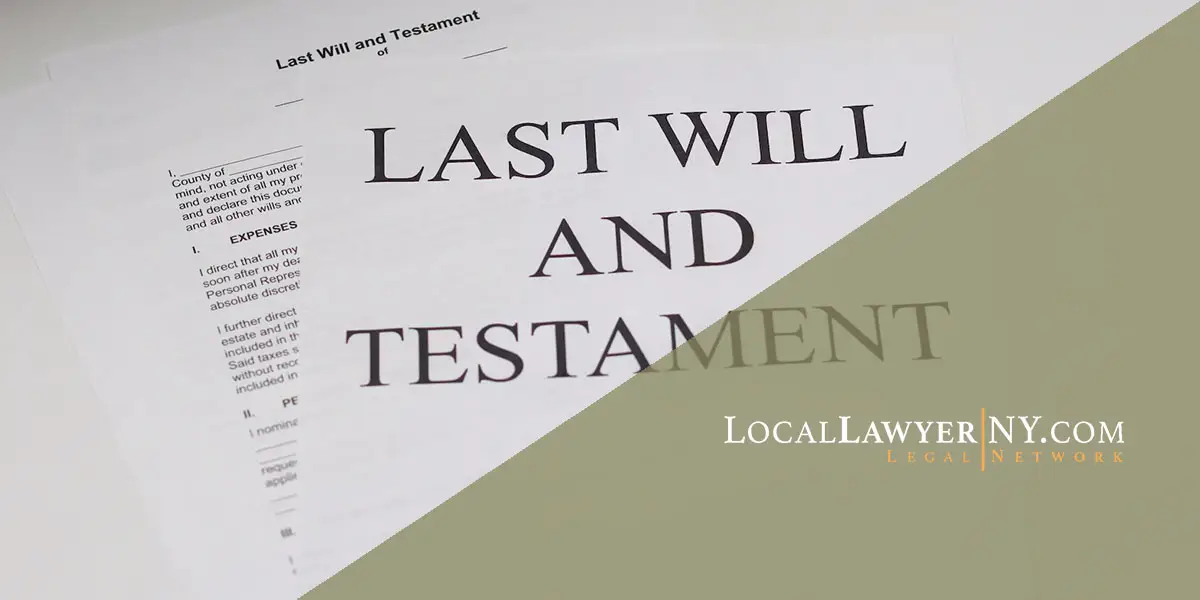Author: AlexFit
An administrative proceeding refers to a legal process conducted by an administrative agency or governmental body to resolve disputes, enforce regulations, or make decisions related to administrative law matters. Here are key points to understand about administrative proceedings:
Jurisdiction:
Administrative agencies have specific jurisdictions and authority legislation grants to regulate and enforce laws within their respective areas. Examples of administrative agencies include the Environmental Protection Agency (EPA), the Securities and Exchange Commission (SEC), and the Internal Revenue Service (IRS).
Purpose:
Administrative proceedings aim to address issues outside the scope of traditional court systems. These proceedings handle licensing, rulemaking, disciplinary actions, permit approvals, enforcement actions, and regulatory compliance.
Administrative Law Judges (ALJs):
Administrative proceedings often involve hearings conducted by ALJs who preside over the proceedings. ALJs are impartial decision-makers who consider evidence, listen to arguments, and issue rulings or decisions.
Informality:
Administrative proceedings are typically less formal than courtroom trials. Rules of evidence may be more relaxed, and the procedures may be tailored to the specific agency’s practices. However, the parties involved still have the opportunity to present their case and challenge the evidence.
Appeals:
Administrative proceedings may have an appeals process within the agency or through judicial review in a court of law. The specific rules and timelines for appealing administrative decisions vary depending on the agency and the applicable laws.
Expertise:
Administrative agencies often have specialized knowledge and expertise in their respective fields. They apply their expertise to interpret and enforce regulations, develop policies, and make informed decisions regarding specific industries or areas of law.
It’s important to consult legal counsel familiar with administrative law if you are involved in an administrative proceeding. They can guide navigating the process, protecting your rights, and ensuring compliance with applicable regulations.
Here are some additional details regarding administrative proceedings:
Parties Involved:
Administrative proceedings typically involve two or more parties. One party is usually the individual or entity seeking a particular action, such as a license or permit. In contrast, another party may be the administrative agency responsible for granting or denying the request. In some cases, third parties or interested stakeholders may also participate in the proceeding.
Notice and Opportunity to Be Heard:
Administrative agencies are generally required to notify the parties involved, informing them of the proceeding and the issues. The parties can then present their case, provide evidence, and argue their position before the administrative agency.
Pre-Hearing Procedures:
Administrative proceedings may involve various pre-hearing procedures before the hearing. This can include exchanging information and evidence, known as discovery, where the parties may request documents, submit written statements, or depose witnesses. Some administrative agencies also encourage or require alternative dispute resolution methods, such as mediation or settlement conferences, to resolve the issues before proceeding to a formal hearing.
Hearing Process:
The hearing is where the parties present their arguments, evidence, and witnesses before the administrative law judge or panel. The judge or panel may ask questions and rule on procedural matters during the hearing. In addition, parties typically have the right to cross-examine witnesses, introduce documents, and make oral arguments supporting their cases.
Decision and Order:
The administrative law judge or panel will review the evidence and issue a written decision or order after the hearing. This decision may grant or deny the requested action, impose penalties or sanctions, or establish regulations or guidelines. The decision is typically based on the agency’s governing statutes, regulations, and relevant legal principles.
Judicial Review:
Parties generally have the right to seek judicial review of the administrative agency’s decision in a court of law. This involves filing an appeal or petition for review with the appropriate court, which will review the administrative record and determine if the agency’s decision was legally correct.
It’s important to note that administrative proceedings can vary significantly depending on the specific agency, jurisdiction, and the nature of the case. Understanding the procedural rules and requirements specific to the administrative agency involved is crucial for effectively navigating the process. Consulting with an attorney experienced in administrative law can provide you with tailored advice and representation in administrative proceedings.



